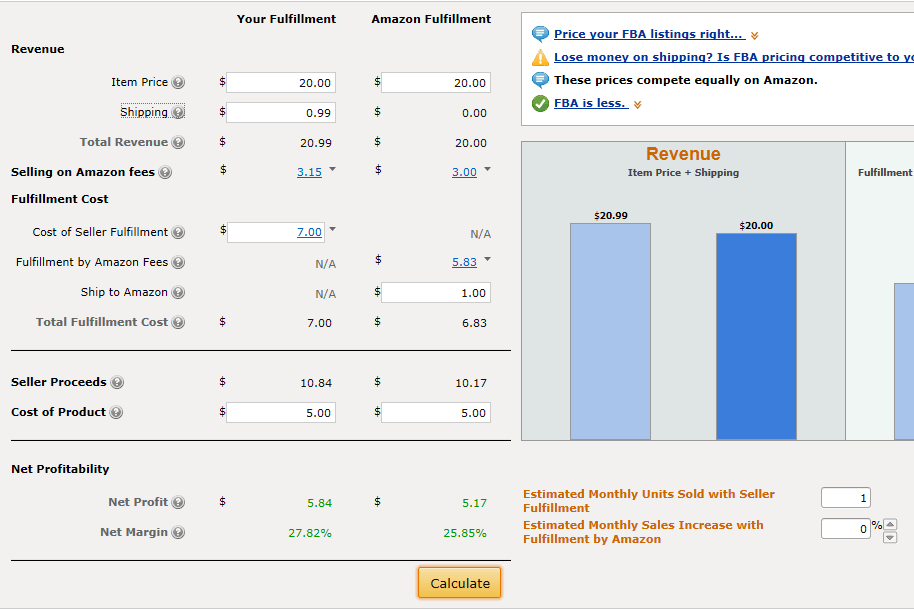
Cyber Monday is a term you've likely heard of, but what does it mean? Cyber Monday is an online marketing campaign that's launched the day after Black Friday. Cyber Monday is not to be confused by Black Friday, which can be mistaken for a federal holiday. Cyber Monday, a day when online retailers offer additional discounts and deals, is known as Cyber Monday. Cyber Monday has been the most visited day to shop online. In addition, Cyber Monday is even more popular than Thanksgiving, as people shop online and skip lines.
Cyber Monday is a marketing strategy for online retailers
Due to the global shutdown and the COVID-19 pandemic, eCommerce owners are more prepared than ever for the big day. While the initial impact on spending hurt both physical and online retailers, many eCommerce sites are already rebounding much quicker than physical stores. eCommerce is now more convenient than physical shops because it allows customers to shop from their homes. Below are some tips that will help you survive Cyber Monday.

It's the day following Black Friday
Black Friday was coined by a gold market manipulation scheme in 1869 that resulted in many bankruptcies. According to some accounts, southern slave owners received a bargain on slaves the day before Thanksgiving. Although it's not possible to pinpoint exactly when Black Friday began, it is believed to have occurred on the day following Thanksgiving. Some states have a federal holiday on the day following Thanksgiving.
It's the biggest shopping day of the year
Black Friday is the best day to find great deals on electronics, and other expensive items. Black Friday is the day retailers plan their deals to capitalize on huge sales. The day before Christmas presents its own challenges. Some shoppers start their holiday shopping before Christmas. Others wait until Cyber Tuesday to buy online. Black Friday is still a big shopping day.
It's a United States public holiday
Black Friday is a term that was created from confusion about its origins. This is a day when retailers report massive sales. The accounting term "black" means "negative". It was once a curse. In 1980, the Philadelphia 76ers lost twice on March 13. Today, however, it is a public holiday, and there are plenty of reasons why it was chosen.

It is a worldwide shopping event
It's Black Friday! This year, it's even better than last. The biggest retailers are extending their store hours through the Thanksgiving holiday, and many of them are offering special deals and price promotions. Amazon is offering a record-breaking sale this year. If you act fast, you can score brand-name items at record-breaking prices. Many stores are offering extended credit terms and free shipping, so don't wait until the last minute to shop.
FAQ
What are the best days to go online shopping?
Sunday is the best date to shop online for clothes. It's a time when you can have a look at all the different shops and pick out what you like. Monday is the day you should purchase everything you will need for the coming week. Do any last-minute shopping on Tuesday. Wednesday is when you should start buying for Christmas. Thursday is the best day to start planning for Easter. Start preparing for summer holidays by planning for Friday. Saturday is when you should start preparing for the school holidays. Final, complete any remaining tasks for this week by Sunday
It is better to shop online with credit cards than without.
Credit card companies offer a variety of benefits, including rewards programs, free shipping and cash back. In addition, they offer protection against fraud. You should choose them over debit cards because they don't charge any fees.
Customers who need to pay off their balance on time will also be able to use credit cards. Credit cards also let you make purchases, without worrying how much money you still have in your account.
Is there a place where I can find coupons for online purchases?
You have two options to locate coupons for online shopping. 1. Go directly to the site of the company that you want to buy from. 2. Search Google for coupon codes. Both methods work. However, certain websites may be easier than others.
How can I get the most value for my money when buying clothes online?
There are several things that you can do to ensure that you get the best deal when you shop for clothes online. Take advantage of free shipping deals offered by retailers. These promotions often include free delivery within Australia.
Before you make a purchase, be sure to check the return policy. Some websites allow you back items within 30 days of receipt, while others offer refunds only if the items are returned within 14 days.
Third, look into customer reviews of the retailer you're considering buying from. You'll be able to determine if they are trustworthy and reliable.
Fourth, compare prices between different retailers. There are many websites where you can compare prices from different retailers.
Remember that coupon codes and sales are sometimes available for specific brands or types. Check out the site regularly for any new deals.
Do you think it is worth signing up to receive rewards and insider information wherever you shop?
While rewards are wonderful, they may not be worth the effort. Make sure you get value for your money if you decide to sign up for an online program. It is important to understand the cost of your online program.
Don't sign up for rewards cards just because they offer a signup bonus. Sometimes these signup bonuses are not worth the hassle.
Also, before joining a rewards program, ask yourself why you want to join. Many people join because they see their friends doing it. You won't enjoy the company's products or services if that is the case.
What are some other things you should know before buying clothes online
Before buying clothes online, you need to be aware of several things. First, you need to know your size. It may seem obvious, but most companies don't provide this information so you might have to guess.
Be aware of shipping costs. Shipping fees will vary depending on the product you are ordering. It is important to know exactly where your parcel is going. Some items ship direct from the manufacturer. Other items go through a third party warehouse. This can have an impact on delivery times.
Read reviews. There are many poor experiences. Do not let another person's bad experience affect yours.
How do you use your debit card when shopping online?
It depends on what you buy and how much money. A debit card is better than a credit card if you don't mind paying extra fees to use your card.
A debit card can be a great option for those who don't have enough money to make purchases.
A debit card is a way to withdraw money without having to pay interest or other fees.
You can also buy items such as groceries and petrol at ATMs which makes them very convenient.
Statistics
- An approximately 90% increase in price affords Hotel X the opportunity of extreme profits under severe circumstances. (dos.ny.gov)
- Beyond that, you'll be liable for a 25% import tax. (makeuseof.com)
- The vast majority only change a password to protect privacy a few times a year (27 percent) or, more likely, never (35 percent). (pcmag.com)
- Last Black Friday, I bought a stove from Lowes at 40% off, receiving 24 months of interest-free financing (from Lowe's). (meetfabric.com)
External Links
How To
What are the safest online shopping methods?
If you want to shop online safely, safe online shopping is essential. It's great to be able to shop from various websites without being scammed.
This article will help you to understand how to shop online for items. This article explains all the tricks and tips that make sure you don't fall victim to scams.
-
Do your research. Before you decide to shop online, it's essential to do your homework first. Review the company, read customer feedback and ask friends for their recommendations.
-
Shop around. If you're unsure whether a particular store is reputable, compare prices among several sellers. Consider price comparison apps like Amazon Price Checker or Google Shopping. These tools can help you find the best prices from your favorite retailers.
-
Red flags are to be avoided Watch out for signs that a scammer might be trying to trick customers when browsing product pages. Many fake websites use misspelled words or grammatical errors. These sites often sell fake products or incomplete products.
-
Beware of popups. Some websites use popups to collect personal data like passwords and credit cards numbers. These pop-ups can be closed by pressing "escape" and choosing another browser window.
-
Ask yourself questions. If you are visiting a website, ask yourself the following questions: Is this website trustworthy? Is it able to provide what I need? Can I trust those behind it?
-
Don't divulge your personal information. Unless you initiated the transaction or provided financial information, do not give out your Social Security number, bank account numbers, or credit card details by phone or email.
-
Avoid clicking on links in emails. It is easy to click on an email link and land on a phishing website that appears exactly like the real thing. To avoid falling for this type fraud, you should only open emails that have been sent from trusted sources (such a bank).
-
Use strong passwords. A strong password should include letters, numbers, and symbols. You should keep your password private and not share it with anyone.
-
Take care when downloading files. Do not open attachments in email. Always download files directly from the source. Never open attachments that come from unknown senders. If you are sent an attachment asking you to install software, do not open it.
-
Report suspicious activity. If you suspect your identity was stolen, immediately contact your local police department. You can also file a complaint with the Federal Trade Commission.
-
Protect your device. Make sure you have anti-malware protection installed on your computer. It could help stop hackers from accessing your private info.
-
Scammers targeting senior citizens are to be avoided. Senior citizens are especially susceptible to scammers, as they are less likely understand how to spot fraudulent messages on websites and emails.